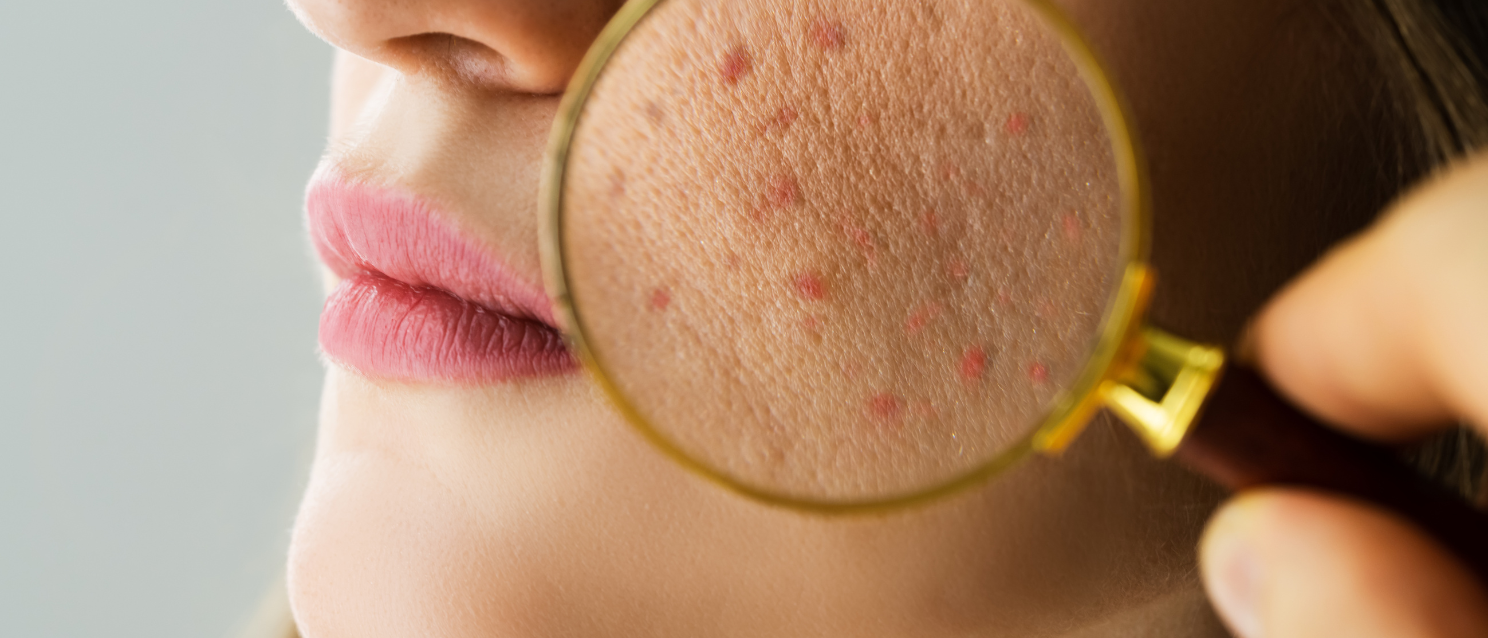What all parents need to know about PANS

Understanding PANS: Symptoms, Causes, and Treatment Explained
Paediatric Acute-onset Neuropsychiatric Syndrome (PANS) is a clinically diagnosed condition with the prominent indicator being the sudden onset of neurological and behavioural symptoms in children.
What are the signs and symptoms of PANS in children?
The symptoms typical of PANS can include:
- Sudden, dramatic development of compulsive behaviours akin to OCD obsessive-compulsive disorder (OCD) symptoms
- Unexplained and intense anxiety, separation anxiety, or panic attacks where there hasn't been a previous history
- Rapid mood swings, irritability, or significant changes in emotional state, including sudden bouts of depression
- Regressing to behaviours typical of a younger age, such as tantrums, baby talk, or sudden loss of reading or writing skills
- Sudden onset of nervous tics, involuntary movements, or sensitivities to sensory inputs like loud noises or bright lights
- Problems with sleeping, including insomnia, frequent waking, or night terrors
- Bedwetting, needing to urinate more frequently, or sudden onset of urinary incontinence
- Significant changes in eating patterns, which might include food restrictions, sudden food aversions, or overeating
- Unexplained joint pain that is not related to injury or physical activity
Not all of the above symptoms will present in all children with PANS, and their age will determine what some of these look like. It’s important to note that with PANS, symptoms develop quickly, and can seem quite extreme. If you notice sudden, intense changes like those listed above, ask your GP about PANS.
What causes PANS in children?
The exact cause of PANS is not fully understood, but it is believed to involve an abnormal immune response that affects the brain, sometimes following viral infections or allergic reactions, or it may be triggered by other environmental factors or stressful events.
Potential treatments for PANS
Early recognition and intervention are crucial for understanding and managing PANS effectively. If a child exhibits a sudden onset of these sorts of symptoms, it is important to seek medical advice from your GP.
Depending on the severity of the symptoms, the child may need to work with paediatricians, naturopaths, neurologists, psychiatrists, dieticians, immunologists or a combination of these specialists to address the complex and multifaceted nature of PANS.
Usually a child with PANS will experience their symptoms resolving over a period of time with proper treatment in response to the symptoms. When not detected and addressed, children with PANS may experience longer term impacts on their physical, mental and social development with their education potentially also suffering.
The difference between PANS and normal childhood conditions
Remember, many children do experience some of these symptoms from time to time, and the difference with PANS is the sudden change and intensity of the change. Many childhood developmental issues can be resolved with time, patience, good nutrition, and establishing healthy habits.
As a naturopath, I can provide you with advice on nutritional and behavioural approaches for your child, and can provide suitable natural herbal medicines to support your child through any challenges they may be experiencing.
Jade Blyth
Qualified Bachelor of Health Science Naturopathy BHSc (Nat),
Member of the Australian Natural Therapists Association (ANTA) Jade specialises in nutritional health.
Jade is a passionate and dedicated naturopathic practitioner committed to guiding you on your journey to optimal health and well-being.
As a mum, Jade loves working with children and has a particular interest in children with PANS.








